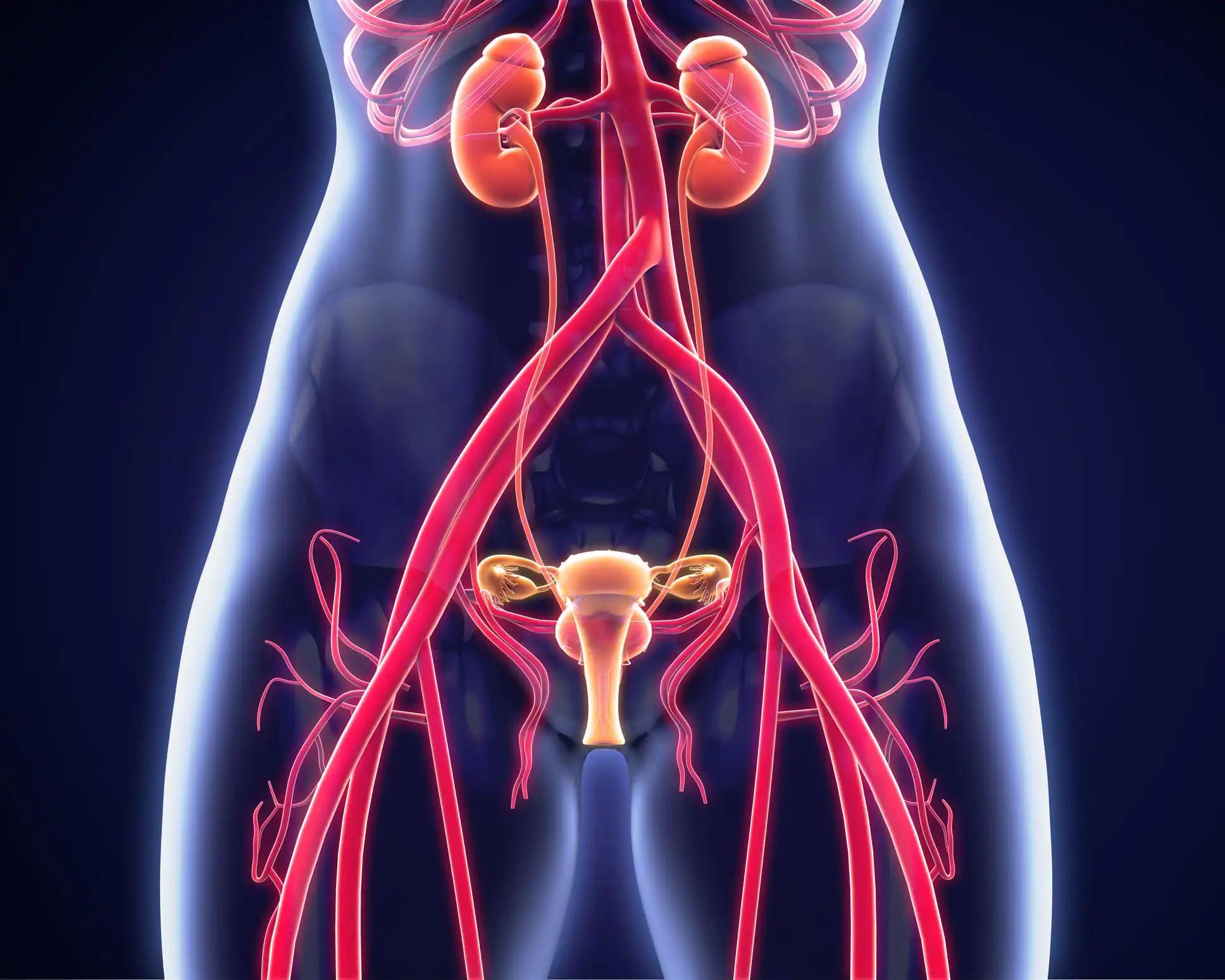KEY TAKEAWAYS
- The study aimed to assess the potential of NER as a prognostic and predictive biomarker in patients with m-ccRCC treated with nivolumab or ipilimumab+nivolumab.
- Researchers noticed that lower baseline NER is associated with better PFS and OS but has limited predictive value.
Renal cell carcinoma (RCC) is the most common type of kidney cancer. Metastatic clear cell RCC (m-ccRCC), a subtype, often requires advanced treatments like immunotherapy to manage its spread and improve patient outcomes.
Yana Beulque and the team aimed to evaluate neutrophil-to-eosinophil (NER) as a prognostic and/or predictive biomarker in patients with m-ccRCC undergoing treatment with nivolumab or the combination of ipilimumab and nivolumab.
Researchers conducted a retrospective study on patients with m-ccRCC treated with nivolumab or ipilimumab/nivolumab between 2012 and 2022. They calculated baseline NER and analyzed its correlation with clinical outcomes, including response rate, progression-free survival (PFS), and overall survival (OS).
Additionally, they examined corresponding transcriptomic data further to understand the impact of NER on patient outcomes, aiming to provide insights into its potential as a predictive biomarker.
The results indicated that 201 patients with m-ccRCC were involved in the study, with 76 treated with ipilimumab/nivolumab and 125 with nivolumab. A higher baseline NER was linked to shorter PFS and OS, especially in the nivolumab group.
For patients treated with ipilimumab/nivolumab, higher NER was significantly linked to shorter OS. The effects of NER on PFS and OS were independent of International Metastatic RCC Database Consortium (IMDC) risk groups.
Additionally, there is no correlation between baseline NER and RECIST response or maximal tumor shrinkage. In 2 other databases, NER correlated with PFS and OS in first-line vascular-endothelial-growth-factor-receptor tyrosine-kinase-inhibitors (VEGFR-TKIs) treatment, but not with disease-free survival post nephrectomy. Lower NER was linked to molecular features in the tumor that may suggest better outcomes with immune checkpoint inhibitors.
The study concluded that lower baseline NER independently predicts better PFS and OS in patients with m-ccRCC treated with ipilimumab/nivolumab or nivolumab. However, its predictive value for patient selection remains limited.
No information regarding funding was provided.
Source: https://pubmed.ncbi.nlm.nih.gov/39129249/
Beulque Y, Kinget L, Roussel E, et al. (2024). “Baseline neutrophil-to-eosinophil-ratio and outcome in metastatic clear-cell renal cell carcinoma treated with nivolumab or ipilimumab/nivolumab.” Acta Oncol. 2024 Aug 11;63:658-668. doi: 10.2340/1651-226X.2024.40390. PMID: 39129249.



